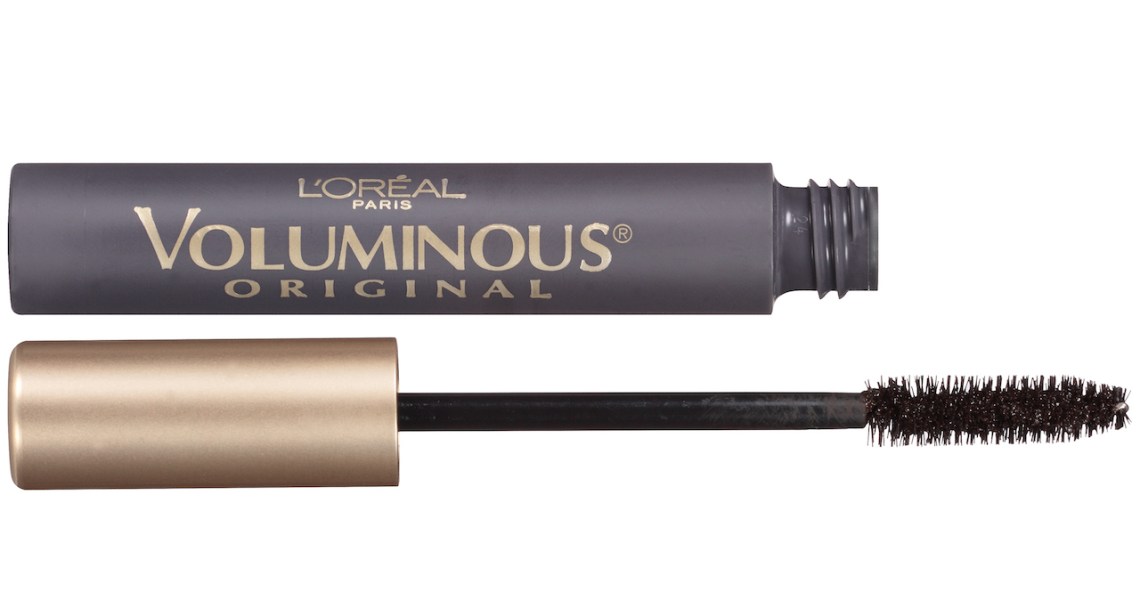As emerging beauty brands continue to use digital buzz to steal market share and shelf space, heritage brands are finding ways to stay on the offensive.
For L’Oréal namesake L’Oréal Paris’ part, connection to customers, digital innovation and evolved marketing strategies are the key areas that the brand is focusing on, one year into the pandemic.
“One of the big priorities was really to connect further with [our customer] through our equity,” said Ali Goldstein, L’Oréal Paris USA president. “I think we’re all witnessing that, in an environment that’s so volatile with Covid, people are craving connections, they’re craving authenticity, and they’re craving purpose and meaning. Yes, we need to bring her that her favorite beauty products, but there’s so much more to it.”
According to Euromonitor, L’Oréal Paris is the No. 1 beauty brand in the U.S. and globally, meaning it can’t simply rest on its legacy. It also spans multiple beauty categories: hair, makeup and skin care, adding further complexity. But, throughout the pandemic, Goldstein said that the brand was “a bit more insulated because of essential doors.” Though L’Oréal’s consumer products division was down 4.7% in 2020, the segment “saw a return to equilibrium in the second half of the year, driven by Garnier and L’Oréal Paris,” according to the earnings report, released in February.
Goldstein elaborated further, noting the downturn in color and leveling off of skin care industry-wide. “We experienced the same kinds of trends that the market experienced,” she said.
Hair care was and continues to be an obvious winner. “We saw an increase in our hair color business. We’re the No. 1 brand in the mass market for hair color,” she said. “Women couldn’t get to their salons. They came to us and used mass-market hair color, sometimes for the first time. So we had to be there to help them.” L’Oréal Paris’ online color concierge, which launched during the pandemic, was used to mimic a stylist’s recommendations in person.
“There was a diagnostic tool to help you select your product, and if you really needed help, you could text and get a virtual consultation with a live consultant to help you. That was one of the areas that we pivoted pretty quickly,” said Goldstein. She added that the brand’s mascara business saw pockets of success, as did skin care. The latter was driven by the October 2020 launch of its Revitalift Derm Intensives Night Serum with retinol.
Ad position: web_incontent_pos1
“Our skin-care business did well. While women are at home, maybe they weren’t wearing as much makeup, but there was an opportunity to take care of their skin and leverage the wellness trend,” she said.
And while the prioritization of e-commerce and stores has flip-flopped, Goldstein said, “We haven’t deprioritized [physical] stores. While the world is never going to go back to how it was before, we do expect traffic to pick up in-store [post mass vaccinations].
Attaching purpose and mission-driven initiatives to beauty brands has also become more necessary in the last year, due to the call-to-action around racial and social injustice. Last month, L’Oréal Paris celebrated the 50th anniversary of its tagline “Because we’re worth it.” That tagline has gone through a successful rejiggered evolution from “Because I’m worth it” in 1971 to addressing a wider swath of women with “We’re worth it” in 2010. In tandem with the anniversary, L’Oréal Paris evolved its Women of Worth program, which has been running for 16 years. This year, the brand is offering individual donations of up to $45,000 to each of the 10 women honored for their charitable endeavors.
“We’ve actually doubled the support we’re providing to the women, but it’s honestly not just about the money,” said Goldstein. “It’s also about the network, the support; we leverage the L’Oréal network and provide [women] access to our resources, like experts on fundraising experts or building a digital social community. [We provide] a lot of the basics that many of these women don’t have, running small organizations. We’re recognizing, through engagement with our consumers and our partnerships with retailers, the importance of connecting and bringing purpose to the brand.”




